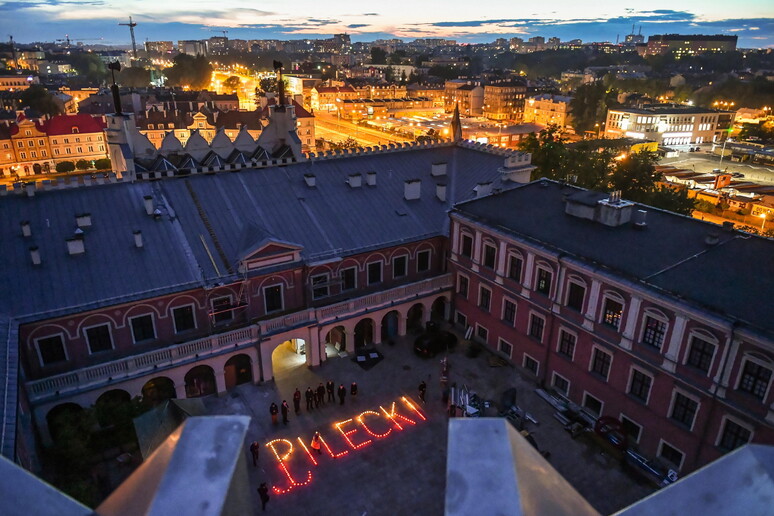Cavalry Captain Witold Pilecki was executed with an in back of neck gunshot in a Warsaw prison cell on May 25, 1948, 75 years ago, and his body was buried in the night so that his memory would also disappear.
Only with the fall of the Berlin Wall did Pilecki's profile slowly emerge from oblivion. Today he is a national hero. The captain had been one of the founders of the Polish underground army. Still, more importantly, he was the only one who voluntarily got himself locked up in Auschwitz, simulating that he had fallen in a raid with the secret mission of creating a resistance network and witnessing to the world what was happening in the 'factory of death.' His was the first detailed report on Auschwitz, leaked in November 1940 and arriving via Stockholm to London in March 1941, which was, however, considered by the British to be "exaggerated." Instead, it was all true. Pilecki escaped in April 1943. In 1945 he was in Italy, in the Marche Region, under the orders of General Wladyslaw Anders, and returned on a mission to Soviet-occupied Poland. However, he was identified, arrested, tortured, taken to trial on false charges, and then executed.
Historian Marco Patricelli first reconstructed his profile in his book 'The Volunteer (Laterza, Premio Acqui Storia, bestseller in Poland). On Saturday, the Krakow Philharmonic Orchestra, conducted by Alexander Humala, performed an excerpt from Pilecki's Suite for symphony orchestra that the same historian, this time as a composer, dedicated to the hero who fought against the totalitarianisms of the 20th century.
ALL RIGHTS RESERVED © Copyright ANSA





